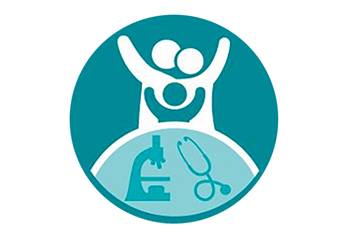Emergency Services
Emergency Services at Nationwide Children’s Hospital features a Level I Pediatric Trauma Center and Pediatric Emergency Department, which is staffed by board-certified/eligible pediatric emergency medicine sub-specialists 24 hours a day. The Emergency Department provides expertise in pediatric advanced life support and resuscitation, as well as evaluation and treatment in every area for acute medical and surgical conditions.




